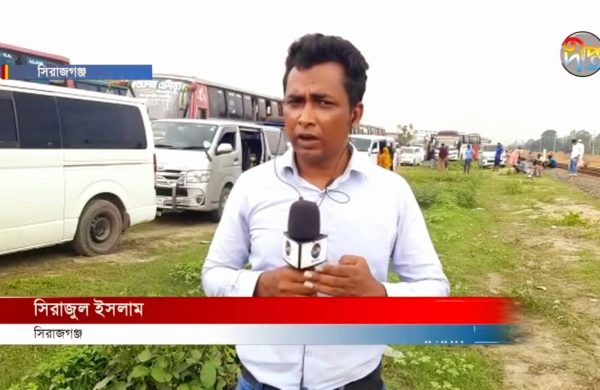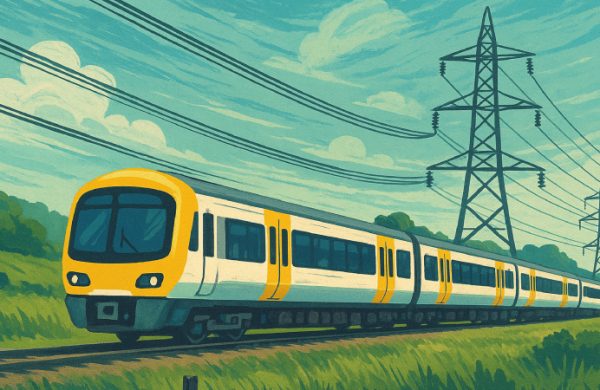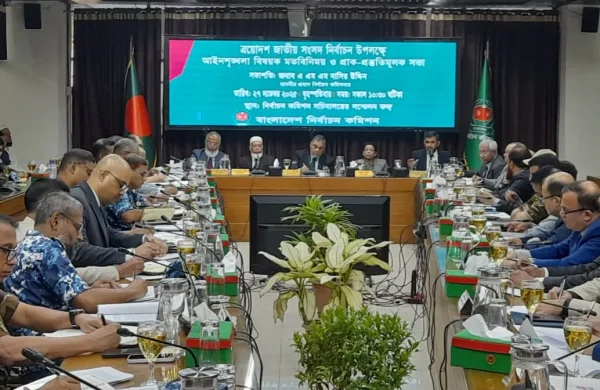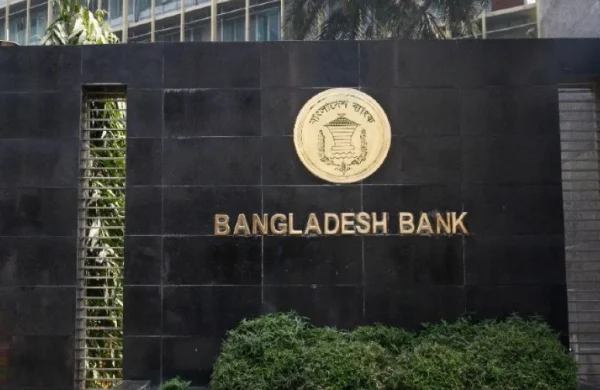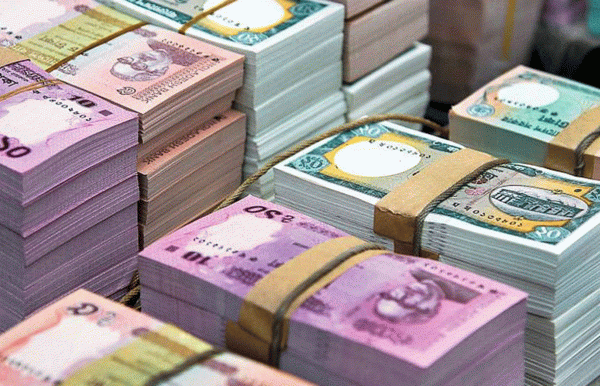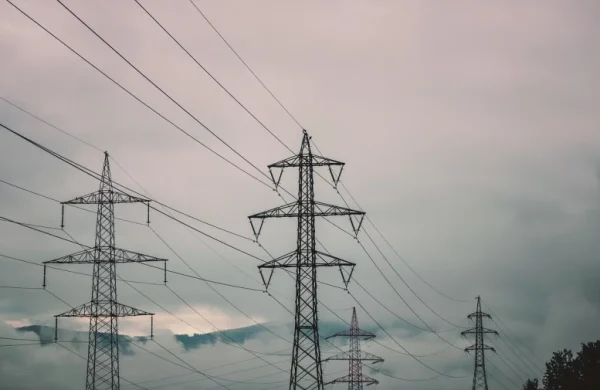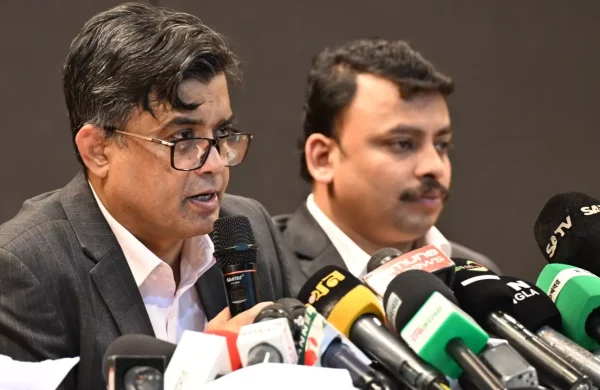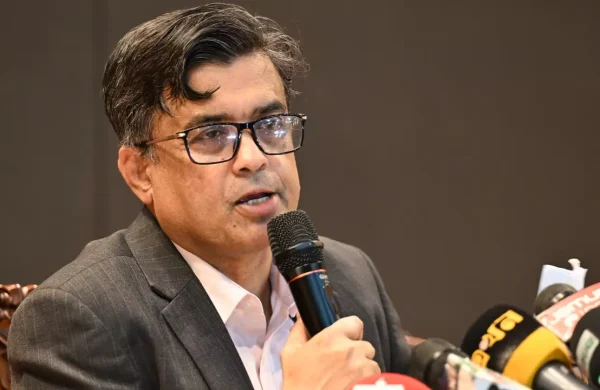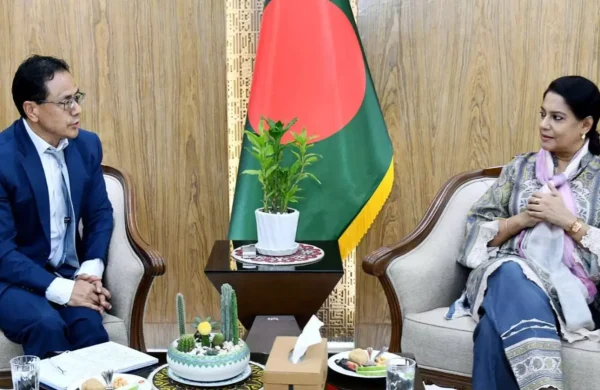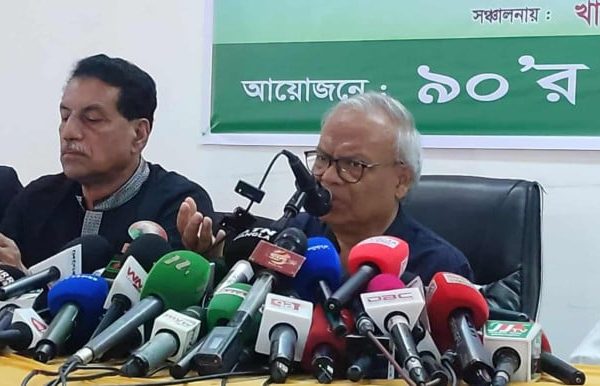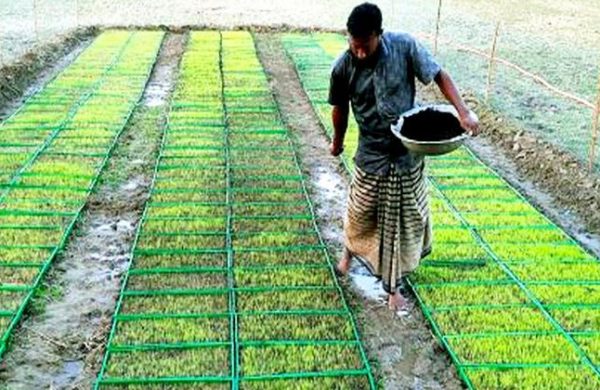Business downturn cuts income
- Update Time : Thursday, November 27, 2025
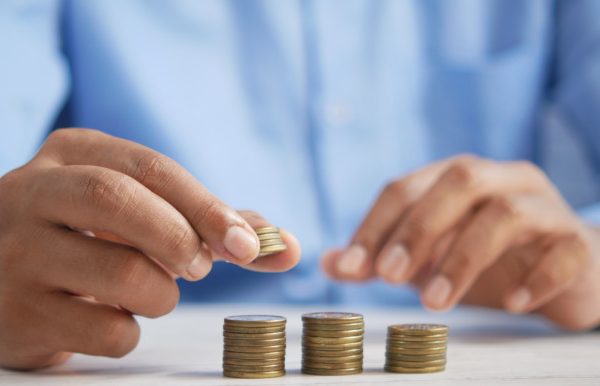
Staff Correspondent:
Since the fall of the Awami League government, Bangladesh has experienced a period of political unrest marked by successive protests, demands, and demonstrations from various stakeholders.
Political uncertainty, deteriorating law and order, and declining public trust have peaked, affecting the economy and business sector.
Investment remains stagnant, inflation and interest rates are high, and economic activity has slowed, reducing household incomes.
Businesses struggle to survive, and those unable to cope are closing down. Factories are shutting one after another, causing mass job losses.
The government’s revenue has also suffered. In the first four months of the current fiscal year, the revenue shortfall exceeded BDT 17,220 crore.
Taxpayers are unable to pay, with 88 percent of those filing returns submitting zero returns or paying no tax at all.
Despite high inflation, VAT collection remains low, and customs duties have also fallen short, putting the government’s own revenue at risk.
If expected revenues are not realised, the government may increasingly rely on borrowing.
Bangladesh Bureau of Statistics data shows that inflation eased slightly to 8.17 percent in October, but rising prices have left consumers with limited purchasing power.
Rent, education, and healthcare costs continue to rise. High interest rates intended to curb inflation have not produced the desired effect.
By the November 30 deadline for income tax return submissions, only 1.485 million taxpayers had filed. Based on previous filings, over 88 percent submitted zero returns or paid no tax.
Last fiscal year, 4.5 million people paid income tax, highlighting the sharp decline this year due to factory closures, job losses, and declining incomes.
Senior officials at the Large Taxpayer Unit (LTU) report that even corporate and high-income individual taxpayers are struggling to meet obligations.
Economists and business leaders warn that uncertainty is deterring international buyers from placing new orders. The economy is unlikely to regain momentum until a stable political government assumes office. Boosting revenue will require reviving business activity and investment.
Robiul Hasan of Savar, a garment worker, remained unemployed for eight months after his factory closed. With no taxable income in the remaining four months, he filed a zero return, despite paying more than the minimum tax the previous year. Many other taxpayers are in a similar situation.
An LTU official, speaking on condition of anonymity, told journalists that revenue collection has increased compared with last year, but remains below target. Without improvements in business and economic conditions, collection cannot rise significantly.
Although rising prices should generate higher VAT, weaker consumer spending and reduced production have limited VAT collection.
By October, the government collected BDT 46,878 crore against a target of BDT 48,147 crore, falling short by BDT 1,263 crore.
Weak investment, stagnant production, and delayed infrastructure projects have also affected customs revenue.
The government collected BDT 34,751 crore in customs duties against a target of BDT 41,507 crore, leaving a shortfall of BDT 6,756 crore.
From July to October, the Annual Development Programme (ADP) implementation rate was only 8.33 percent, as budget cuts and politically motivated project suspensions slowed development.Sluggish imports have further reduced customs and withholding tax collections.
Experts say private sector inactivity, factory closures, and reluctance to invest under high interest rates have constrained consumption and industrial demand, reducing imports of raw materials, machinery, and components.
Although foreign exchange reserves have increased, inadequate imports affect the overall supply chain, slowing economic activity, job creation, business earnings, and growth.Government revenue has also suffered, creating a cycle of economic stagnation.
GDP growth for 2025 is below 4 percent, far lower than previous years’ 6 percent rates. The World Bank forecasts a maximum of 4.8 percent for the 2025-26 fiscal year.
Dr Mustafa K Mujeri, former BIDS director and former Bangladesh Bank chief economist, told journalists that the government has little option other than borrowing to cover revenue shortfalls.
Borrowing from the central bank could worsen inflation, while loans from commercial banks would strain the financial sector and reduce credit availability for private investment. Revenue deficits also pressure other macroeconomic factors.
Dr Mostafizur Rahman, a CPD fellow, warned that large deficits could disrupt next year’s budget and borrowing plans. Sluggish business and investment reduce income, corporate, and indirect tax collections, while imports remain weak and overall growth slows.
He advised that revitalising business and investment, improving institutional efficiency, and ensuring prudent spending are essential to boost revenue.
An anonymous NBR official told journalists that prolonged economic stagnation affects tax collection. Revenue performance may improve only after a political government takes office, bringing renewed vitality to the economy.
Business leaders emphasise that the economy will naturally experience low growth and revenue during periods of instability.
They expect business and investment activity to accelerate after elections, improving imports, exports, and tax revenue.
Mahmud Hasan Khan Babu, president of BGMEA, said he has been waiting four months for a meeting with the chief adviser.
He criticised the lack of attention to the ready-made garment and production industries, despite the visit of foreign investors willing to invest large sums.
BKMEA vice-president Mohammad Rashed said that the country is facing a critical period, with international buyers hesitant to place new orders due to overall uncertainty.
BTMA president Shawkat Aziz Russell urged the government to liberate the economy and industrial sector through elections.


